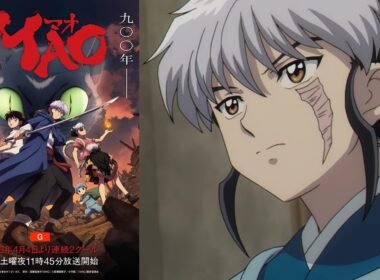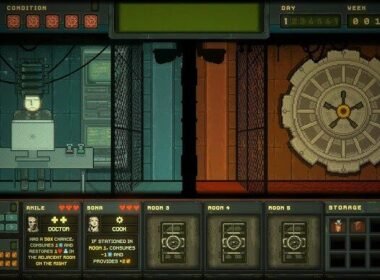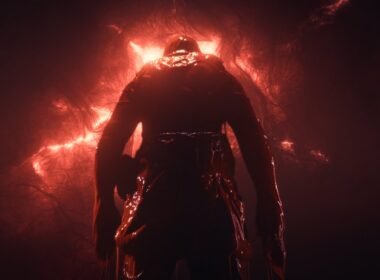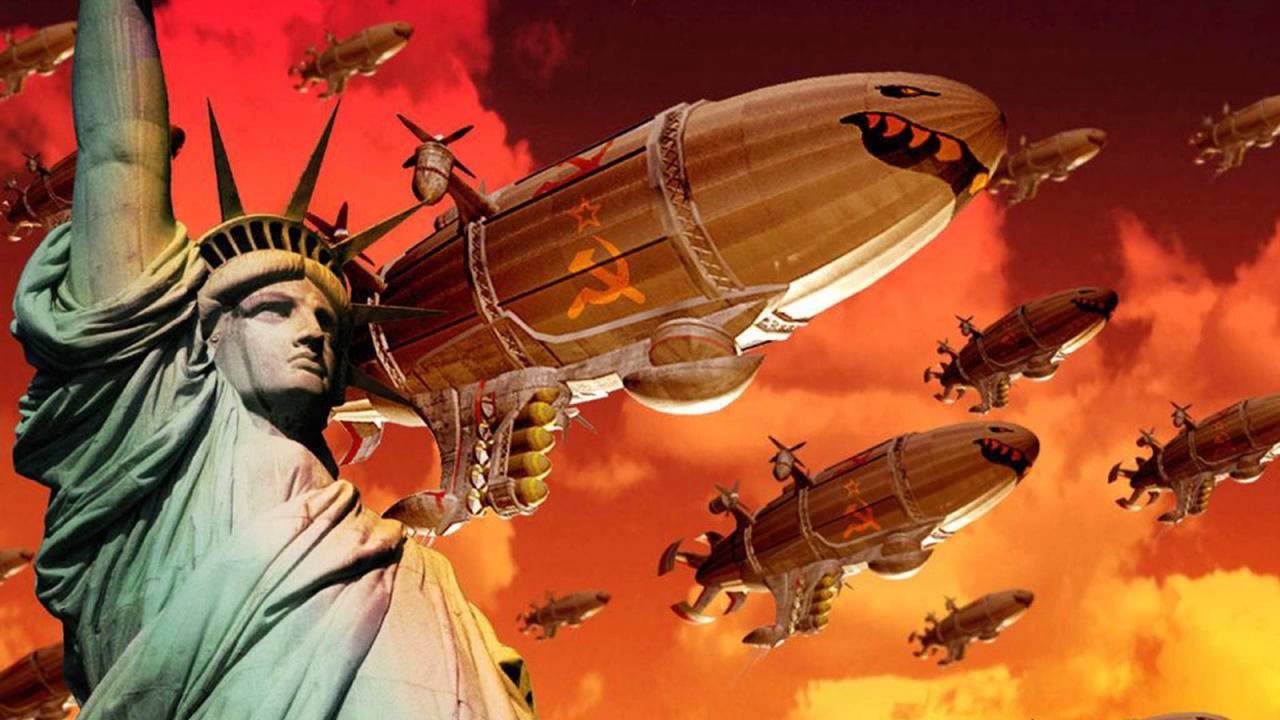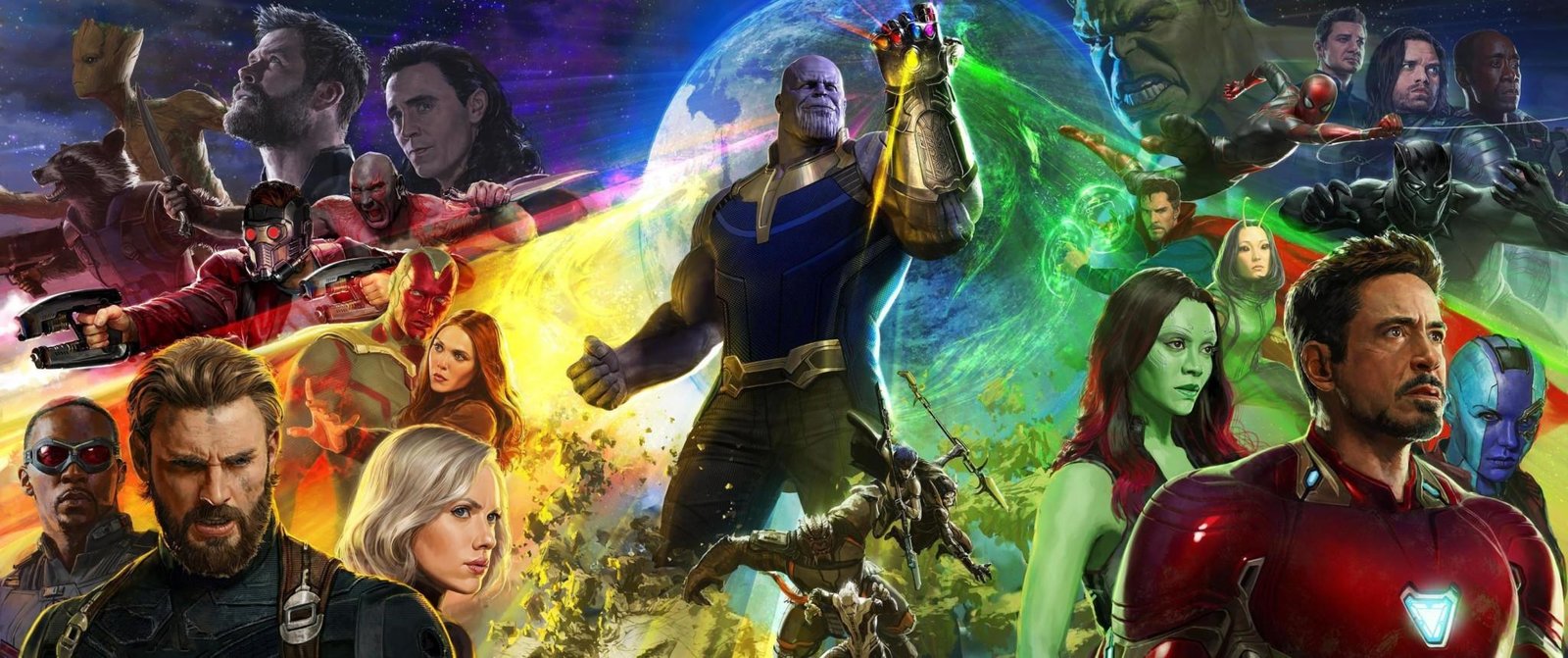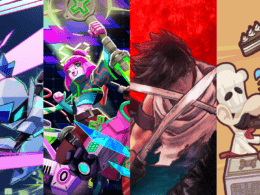With each new year comes a new wave of existential dread.
Indeed, nothing is quite as terrifying as noticing just how quickly time passes, that those who used to be toddlers are now young adults, and what used to be revolutionary must-have games and consoles are now distant memories and nostalgic feelings.
Y2K. Now that’s a word we haven’t seen in years, one that brings up images of good old CRT TVs, clamshell phones, the unforgettable screeching of dial-up internet, and blocky early-2000’s graphics.
Here are 5 of our favourite games that came out in 2000, and where they are today!
Deus Ex

It may not seem as much these days, but Deus Ex, when it first came out, was an astoundingly revolutionary product of the creators’ dream of bringing fusing mystery, sci-fi, explosive action, and all the hallmarks of a good sci-fi noir into a playable adventure in which you wield the freedom and burden of choice.
Still going strong with a current-gen prequel trilogy, Deus Ex once served as an inspiration to countless WRPG developers – showcasing the untapped potential of video games as a storytelling medium.
On the other hand, Deus Ex’s occasional flimsy scripting and stiff voice acting also gave us gems such as this:
Command & Conquer: Red Alert 2
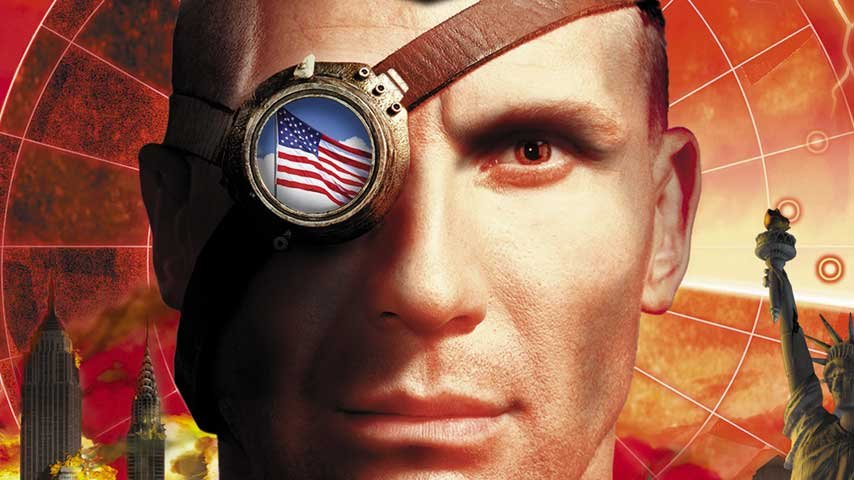
Real-time strategy (RTS) games dominated 2000’s PC gaming, and Command & Conquer: Red Alert 2 stood tall alongside its contemporaries such as Age of Empires, Total War, Warcraft, StarCraft and more. Red Alert 2 took its predecessor’s alternate-history futuristic warfare to even greater heights with even crazier weaponry and an even cheesier campaign full of campy live-action cutscenes and voice acting. It’s a game that simply oozes character and charm.
And that’s precisely why it’s sad to see Red Alert, along with countless other amazing RTS franchises fade into obscurity as the industry and fan base moved on, with StarCraft II being the only surviving mainstream RTS.
One can only hope that this series makes a roaring comeback in the future. But, then again, considering EA’s current business practices, perhaps it’s best for Red Alert to remain pure and untainted for now.
Hitman: Codename 47

IO Interactive’s Hitman: Codename 47 presented us with a brilliantly simple concept: kill baddies, wear their outfits, blend in, and take out your target. Given such an amount of freedom, players are encouraged to experiment with all the tricks on their hands, and the disguise aspect really gave this series a mischievous edge that made each level endlessly replayable, cementing Agent 47 as everyone’s favourite bald assassin.
Previously published by Eidos Interactive and currently by Square Enix, Hitman has remained in the limelight across the decade, though to varying degrees of success. The current Hitman instalment has only recently completed its episodic release, and we can’t wait to see where this series goes next.
Diablo II
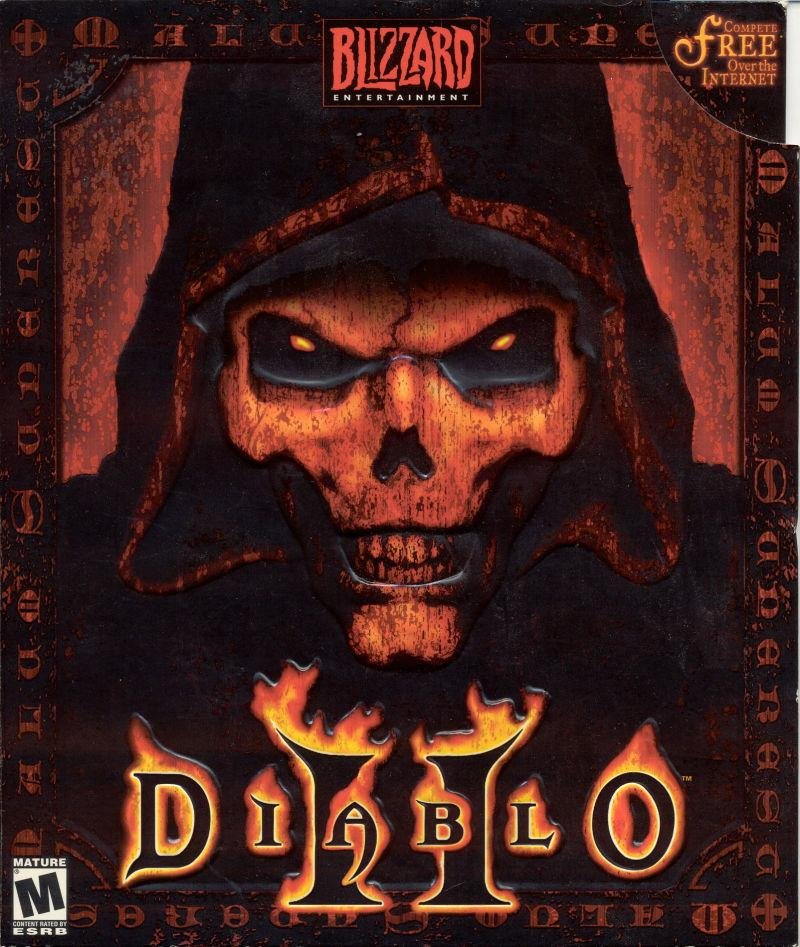
Blood red visuals, creepy demons, and a name that screams BLOOD METAL EDGE – Diablo II scared the crap out of my parents.
The more they refused to get 10-year-old me the game though, the more I wanted it. Through the power of friendship (borrowed a friend’s copy) and high-level stealth skills (minimising the screen really quickly the moment I hear footsteps nearby), I experienced for the first time the sweet joys of loot-splosions and a deeply immersive world where evil has won and hope is all but lost. Until this day, Diablo II is still fondly remembered by many for its addictively rewarding gameplay.
Diablo made its triumphant (at first) return to modern-gen gaming in 2012, after a gruelling 10-year wait that popularised Blizzard’s Soon™ tagline. While its gameplay is more satisfying than ever, Diablo III’s radically different gameplay philosophy and poorly-thought-out aspects such as the real-money auction house and the Saturday-morning-cartoon storytelling disappointed countless fans.
Though, with years of patches and additions, it’s clear that Blizzard has not given up on Diablo III yet. But while Diablo III has become an undeniably great game, many Diablo II fans have found solace in Path of Exile – the indie spiritual successor of Diablo II – instead.
The Sims
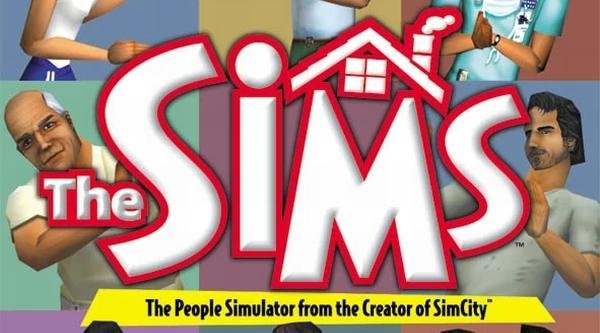
Who knew that micromanaging a person’s life would be so much fun? The gameplay and appeal of The Sims should go unsaid at this point, but what we didn’t expect back then was just how far Maxxis took this concept. Tropical islands, futuristic furniture, its own version of Hollywood, and even freaking magic and witchcraft – the first instalment of The Sims alone is ludicrously rich with fun things to do and explore, and when you’re bored of it all, you can always go back to trapping your Sim in an exit-less swimming pool or have him gaze too long into a telescope to get snatched away by an alien. Fun times.
The caveat here though, is that to enjoy all of the above, you’ll have to purchase seven expansion packs.
From the start, The Sims have never shied away from taking as much money from us as possible – a philosophy that has never changed until this day. The Sims 2 levelled-up to eight expansion packs, and The Sims 3, not wanting to go gentle into that good night, had eleven expansions and countless micro-transactions.
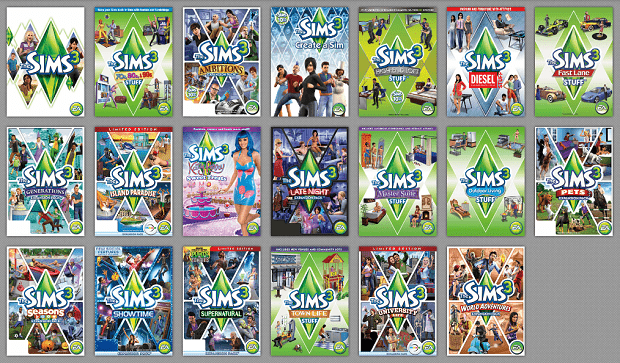
Finally, blessed with EA’s eagerness to blaze a new trail into depravity, The Sims 4 launched without key features that the series always had, such as swimming pools! It really is saddening to see such a fun, innovative series turn into a shell of its former glory – the future of The Sims remains bleak, but hey, at least it can’t get any worse than this… Can it?
These are just 5 of the year 2000’s incredible games; tell us what’s yours, and where they are today!


